Inspirational journeys
Follow the stories of academics and their research expeditions
Mana Motuhake: A Foundation of Self-Determination, Autonomy, and Independence
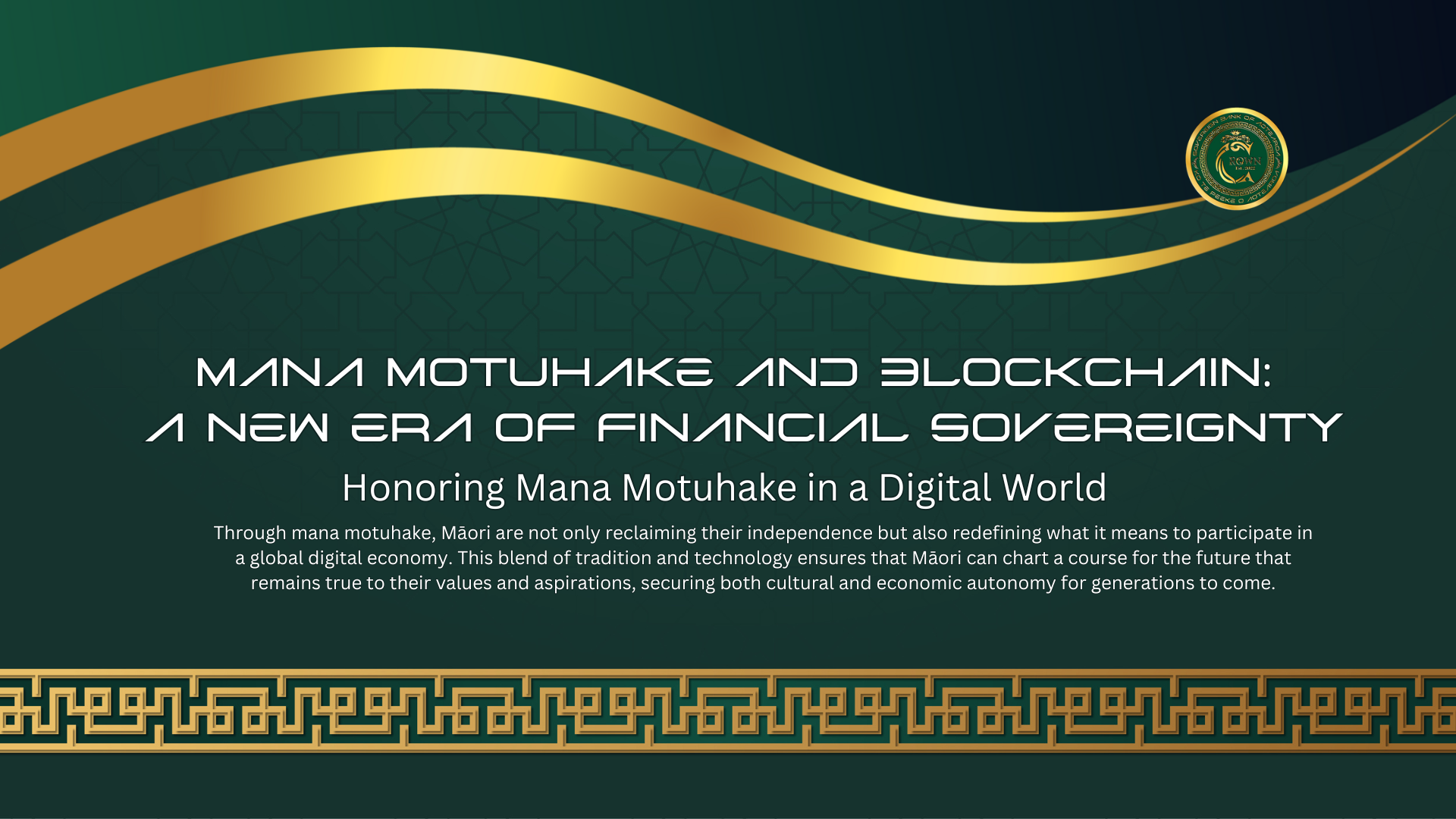
Mana Motuhake: A Foundation of Self-Determination, Autonomy, and Independence
Mana Motuhake is a powerful concept within Māori culture, representing self-determination, autonomy, and independence. It is the authority to act independently, make decisions, and control one’s own destiny, both individually and collectively. For Māori, mana motuhake is not just a theoretical idea; it’s a living principle that has guided whānau (families), hapū (sub-tribes), and iwi (tribes) for generations, shaping everything from governance to personal choices and community cohesion.
In today’s digital age, mana motuhake continues to play an essential role, especially as Māori explore the potential of emerging technologies like blockchain to create self-sovereign systems that honor their tino rangatiratanga (absolute sovereignty). In this blog, we delve into the meaning of mana motuhake and examine its importance in modern contexts, particularly within digital finance and blockchain.
What is Mana Motuhake?
At its core, mana motuhake means having the freedom to make choices and control one's path without interference. For Māori, this concept extends beyond the individual, embracing collective sovereignty where communities exercise authority over their resources, governance, and future.
- Mana translates to authority or prestige and is derived from one’s actions, lineage, and role within the community.
- Motuhake means to be separate, distinct, or independent. Together, mana motuhake emphasizes that independence should be empowered by one’s authority, respect, and community relationships.
Historically, mana motuhake has been a guiding force in negotiations, land claims, and community decisions, driving Māori to assert their right to whakahaere whenua (manage their land) and kaitiakitanga (guardianship) over their resources. This pursuit of autonomy is reflected today in movements for data sovereignty, financial autonomy, and cultural preservation within digital systems.
Mana Motuhake and Blockchain: A New Era of Financial Sovereignty
In the context of blockchain technology and decentralized finance (DeFi), mana motuhake finds new expression. These digital systems align with the values of self-determination by providing tools that enable individuals and communities to manage resources independently of traditional financial institutions.
Decentralized Financial Control
Blockchain enables peer-to-peer transactions without reliance on banks or third parties. This decentralization mirrors the principles of mana motuhake, as it empowers individuals and communities to control their assets and make financial decisions in alignment with their values.Data Sovereignty
Through decentralized networks, data sovereignty can be achieved by allowing users to control their personal information without surrendering it to centralized entities. In Māori contexts, raraunga motuhake (data sovereignty) is essential for preserving the cultural and economic autonomy of whānau, hapū, and iwi.Ko Te Peeke O Aotearoa: A Case Study in Mana Motuhake
Ko Te Peeke O Aotearoa, the Sovereign Bank of Aotearoa, stands as a model of mana motuhake in action. By building on the EKA blockchain, this bank operates independently, grounded in the principles of Māori sovereignty. It is an example of how blockchain technology can be harnessed to create financial systems that are fully aligned with cultural values and community needs.
Autonomy in Decision-Making: Smart Contracts and Self-Executing Agreements
Mana motuhake also finds a modern expression through smart contracts on the blockchain. These digital agreements are self-executing and eliminate the need for intermediaries, granting users the autonomy to enter into agreements based on their terms and values.
For example:
- Whakahaere Whakawhirinaki (Trust Agreements): In the context of property management, smart contracts enable Māori communities to establish whakahaere whakawhirinaki (trust agreements) autonomously, with clear, enforceable terms that are executed automatically.
- Whakawhitinga Hua (Profit-Sharing): For enterprises or shared resources, smart contracts enable whakawhitinga hua (profit-sharing) among whānau or hapū members, ensuring fair distribution of benefits without relying on external systems.
This self-executing nature of smart contracts is in alignment with mana motuhake, as it ensures that decisions are made and implemented without external influence, fostering greater independence in community governance and financial management.
Tino Rangatiratanga and Mana Motuhake: Reinforcing Each Other
While mana motuhake focuses on the ability to make autonomous choices, tino rangatiratanga is the overarching sovereignty and authority that supports this autonomy. Together, these principles reinforce Māori rights to manage their lands, protect their resources, and govern themselves, both in physical spaces and digital environments.
Cultural Data and Digital Identity
In the digital age, Māori communities are exploring ways to maintain sovereignty over data, ensuring that any cultural information shared online is protected and used in alignment with tikanga Māori. Blockchain’s transparency and security support this control, allowing Māori to keep their digital identity within their authority.Creating a Legacy of Self-Determination
For Māori, asserting mana motuhake within digital spaces is also about creating a legacy for future generations. Blockchain technology enables whakapapa (ancestral connections) to be preserved digitally, allowing future Māori to inherit both the cultural and financial legacies of their ancestors.
Mana Motuhake in Everyday Life
Beyond blockchain, mana motuhake is a principle that applies to daily interactions, decisions, and relationships. Whether it’s choosing how to raise children, managing community resources, or deciding on career paths, mana motuhake empowers Māori to honor their values and assert their independence.
- Education: Māori educational initiatives that prioritize language and cultural knowledge reflect mana motuhake by preserving and passing down essential knowledge autonomously.
- Business: Many Māori enterprises are guided by mana motuhake, as they prioritize Māori values and decision-making that align with the needs and aspirations of their communities.
Honoring Mana Motuhake in a Digital World
As Māori navigate the future, mana motuhake remains a guiding principle that extends to every aspect of life, from governance to finance to personal identity. By embracing technologies like blockchain, Ko Te Peeke O Aotearoa and other initiatives create pathways for self-determination that are grounded in both cultural integrity and modern innovation.
Through mana motuhake, Māori are not only reclaiming their independence but also redefining what it means to participate in a global digital economy. This blend of tradition and technology ensures that Māori can chart a course for the future that remains true to their values and aspirations, securing both cultural and economic autonomy for generations to come.
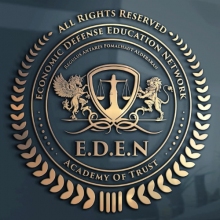
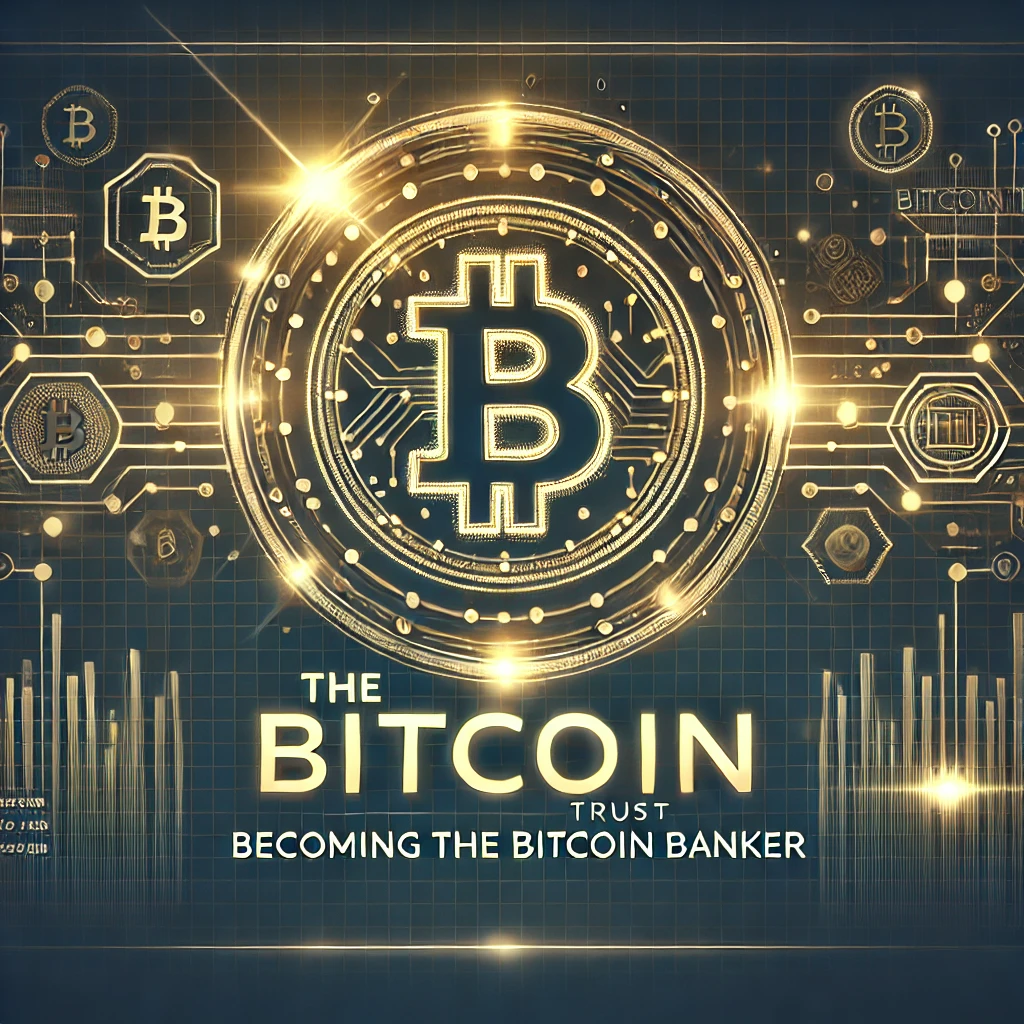
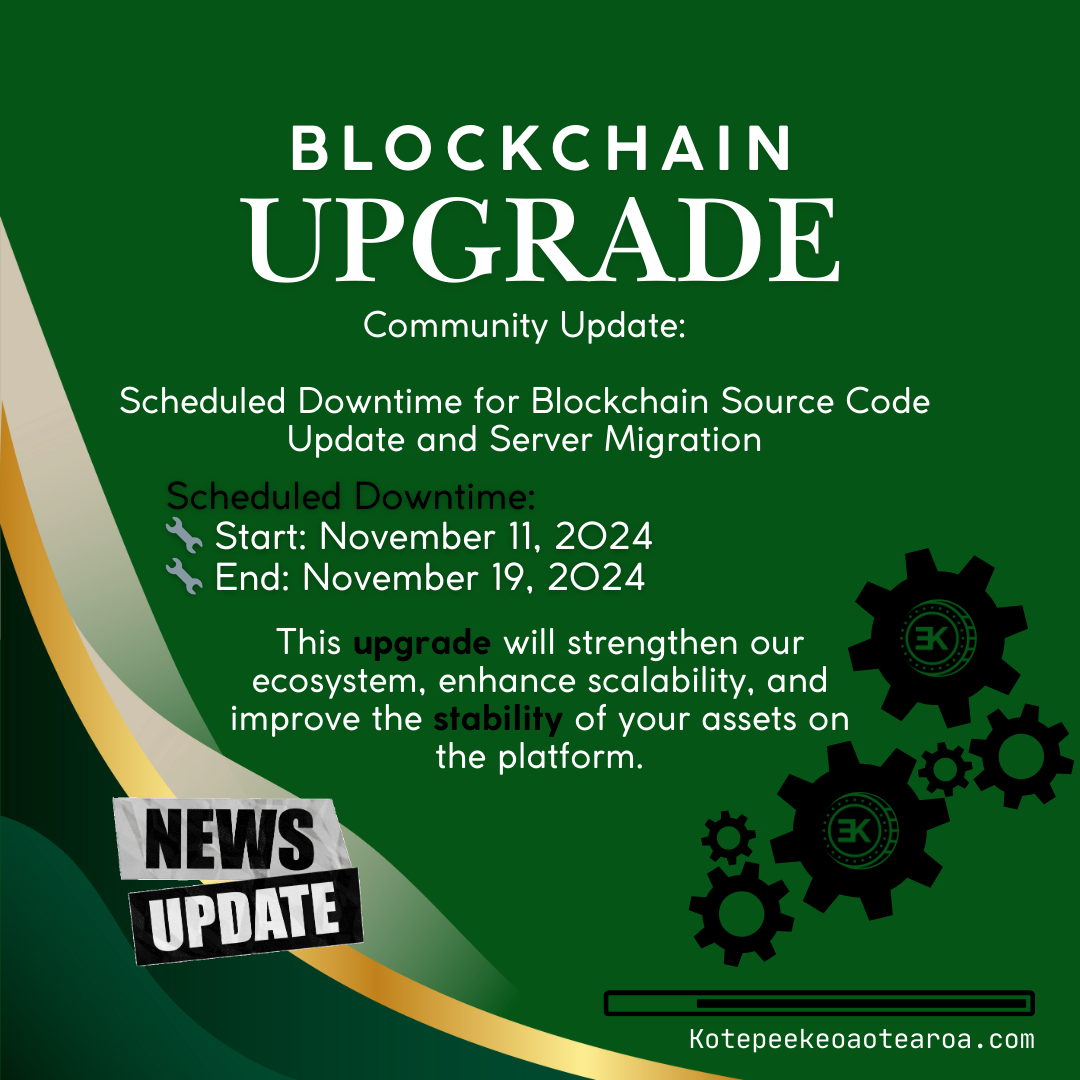
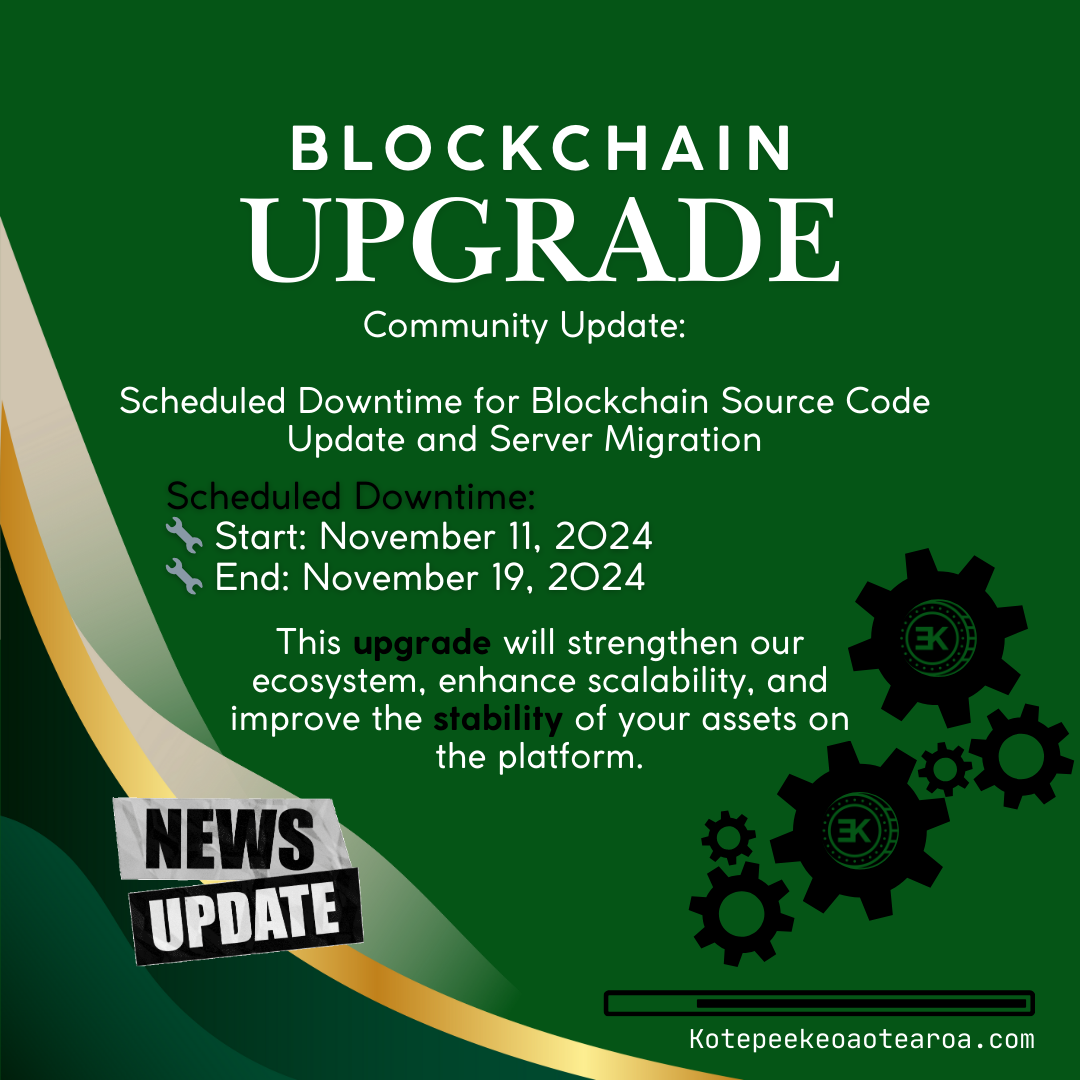

Leave a comment